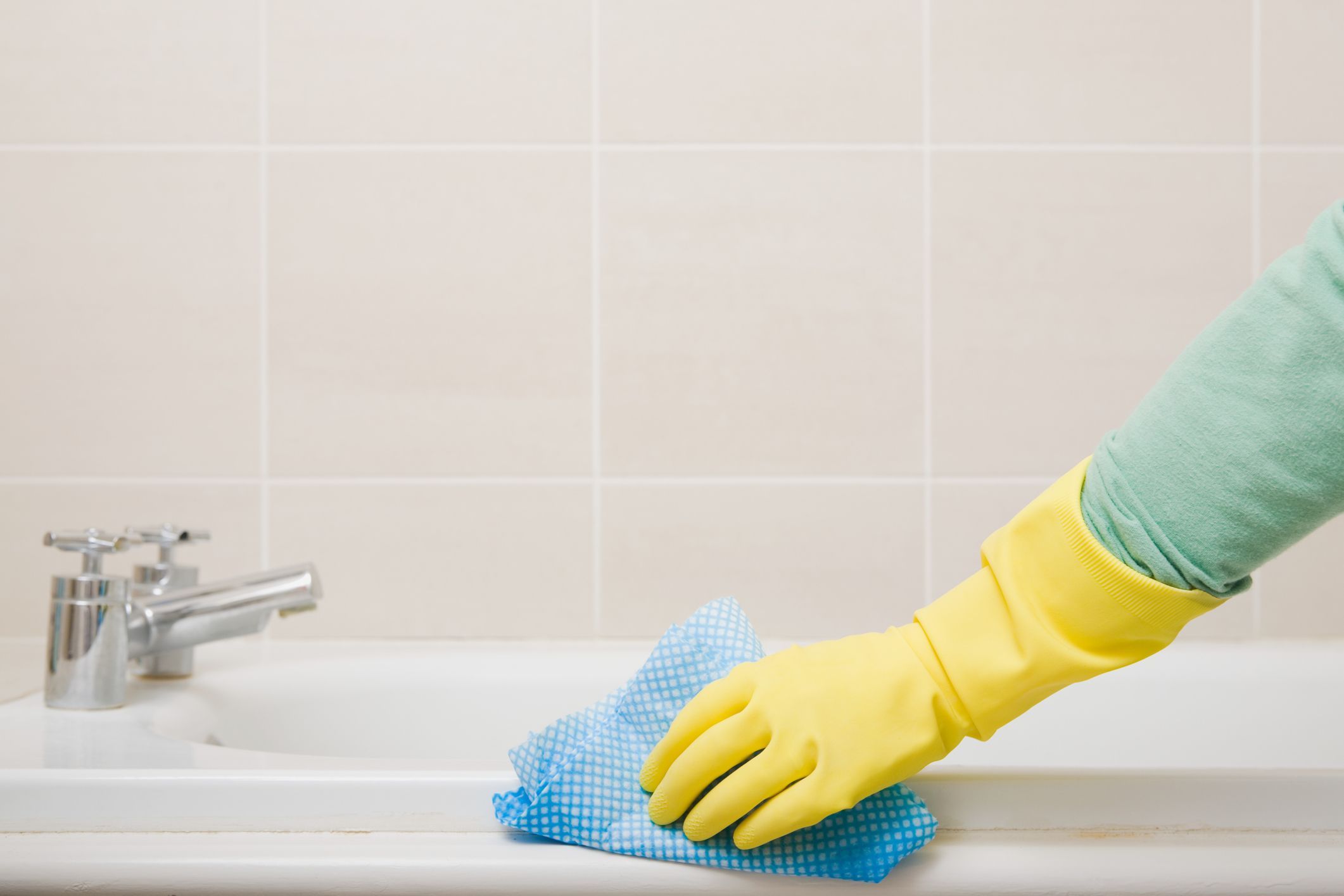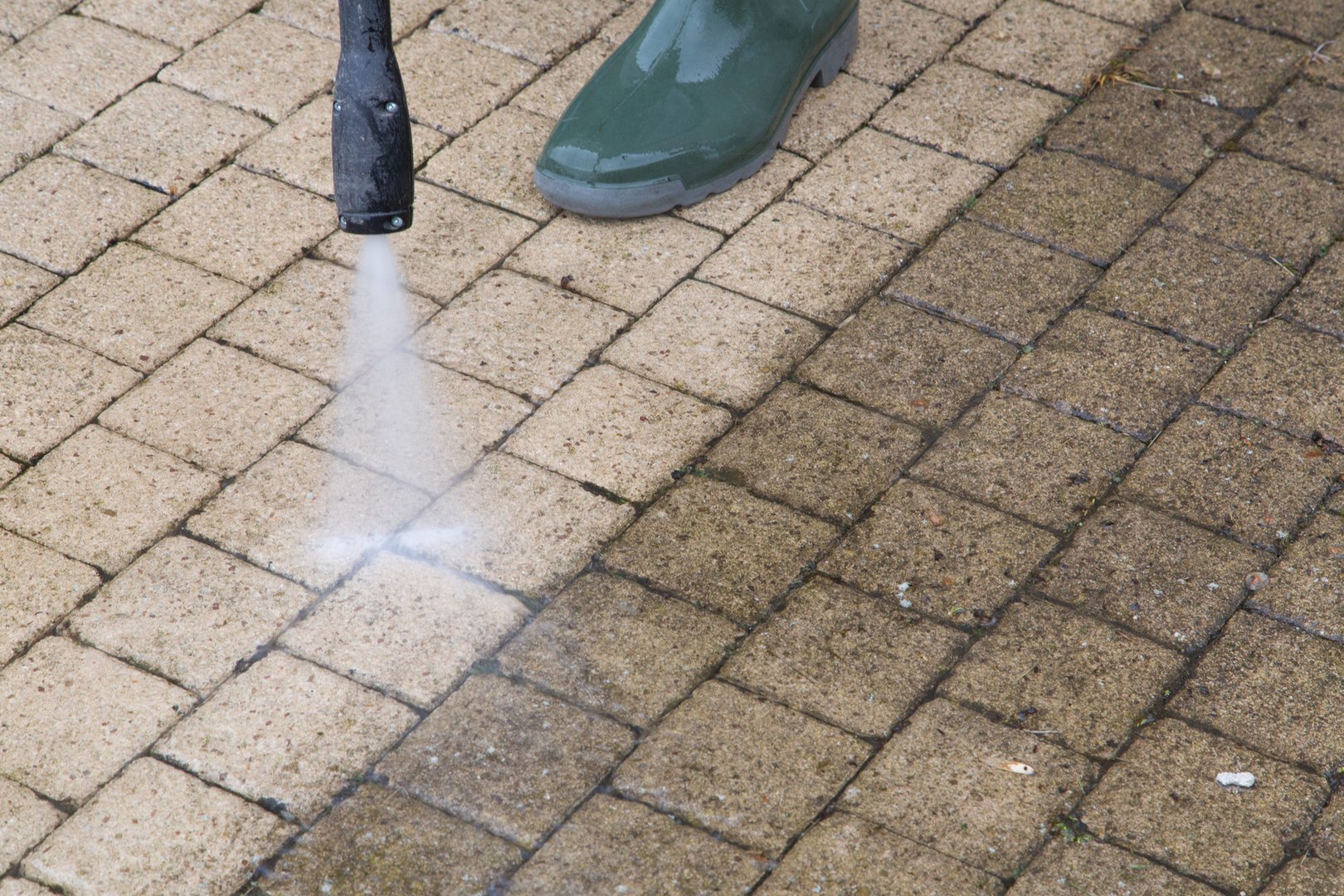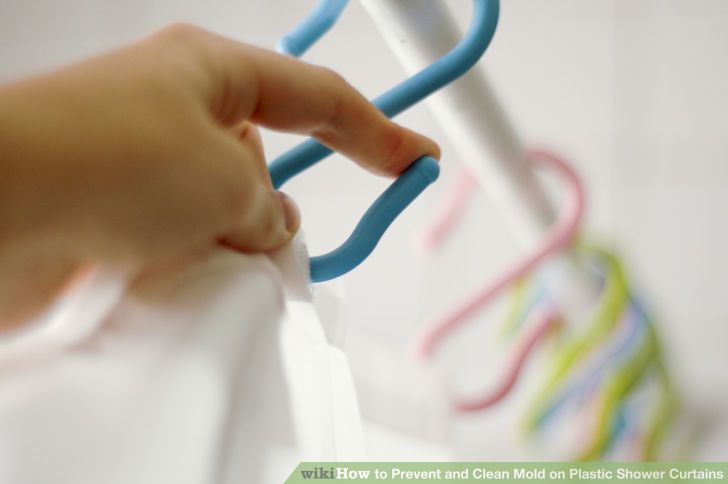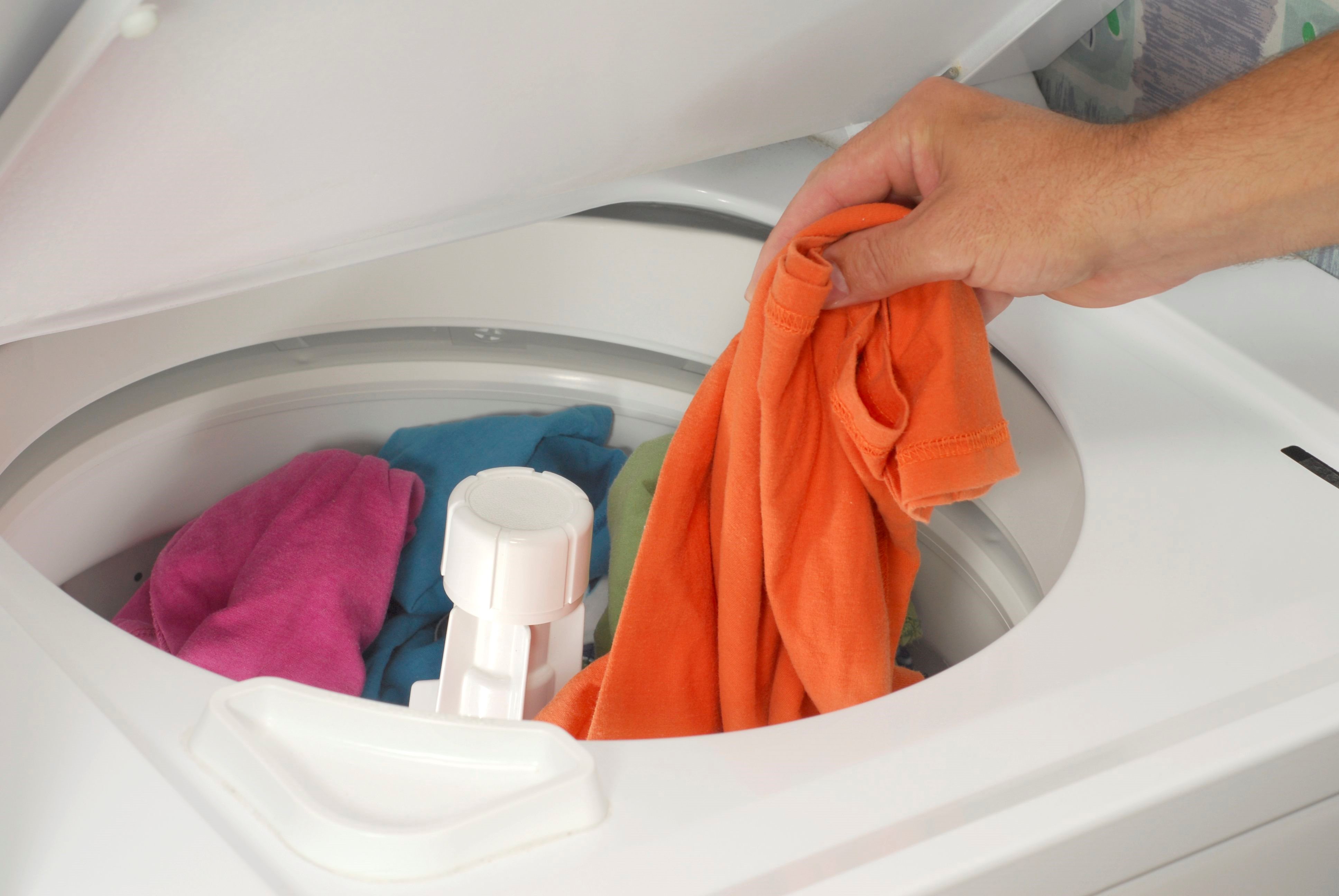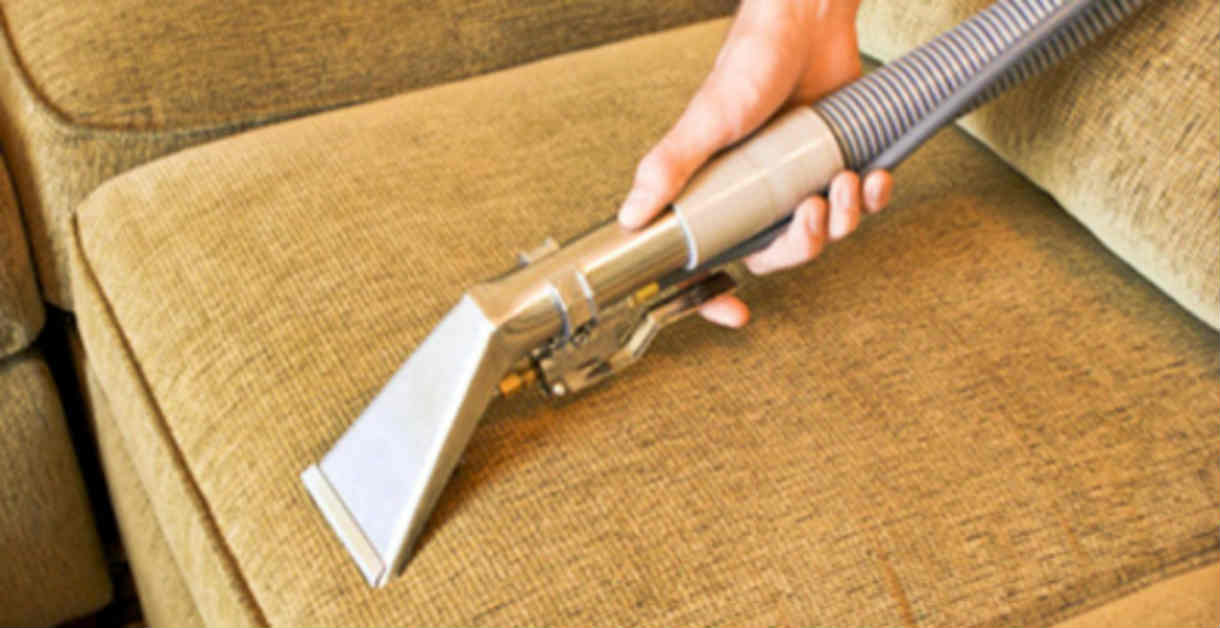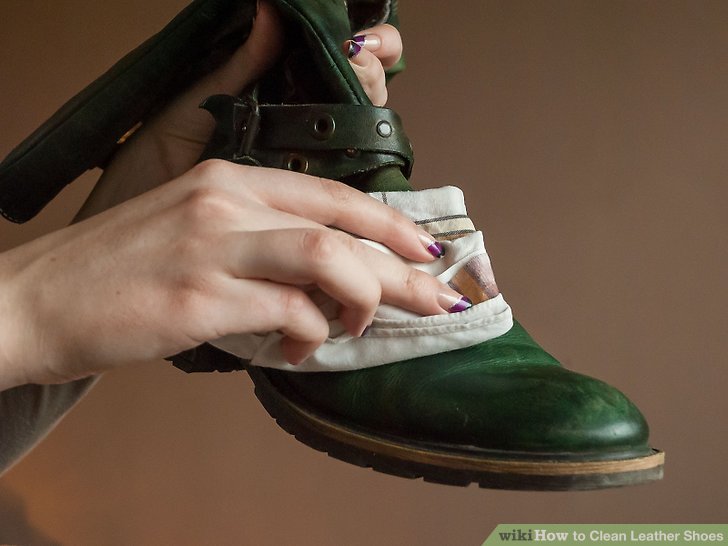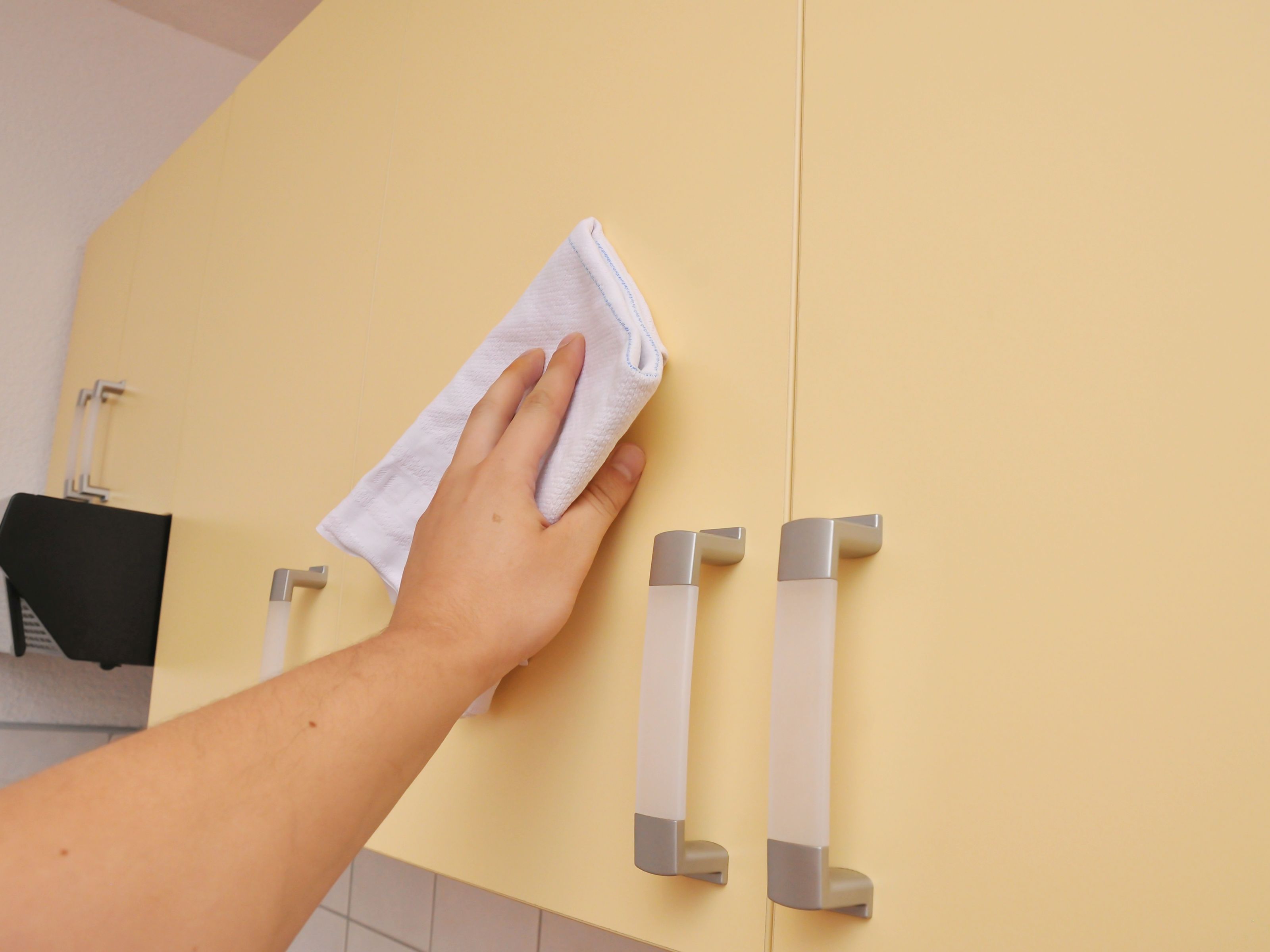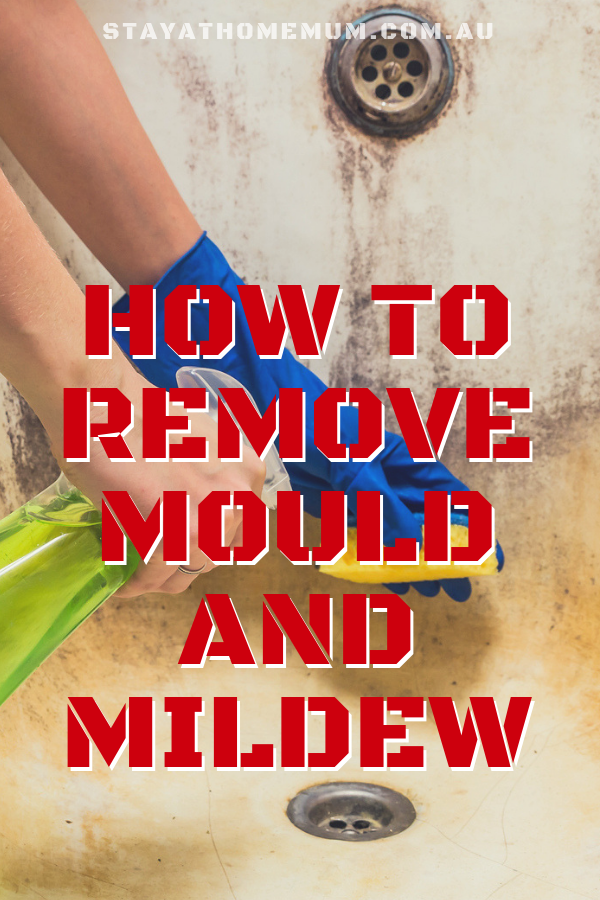How To Remove Mould And Mildew
Posted by admin on
There is nothing worse than taking long hot showers in the winter, only to be met with mould on your ceiling and half way up the wall.
Or the joy of leaving fabric out in the rain, only for it to be spotty with mould when summer rolls around and you finally start having guests over again. Want to know how to remove mould and mildew in and around the home? Here are our solutions. We add to them all the time!
1. In the Bathroom
Put ½ teaspoon of 100% clove oil into a litre of water in a spray bottle. Spray onto the mouldy areas (patch test first to make sure it doesn’t damage the surface) then leave for a few hours. Wipe off with a Chux cloth to remove the mould (sometimes, it may need a scrub with a brush to get rid of stubborn mould). Then spray a little more on the area and leave it as this will stop mould from growing back. This will work on tiles, tile grout, walls and ceilings (just make sure if you spray it on the ceiling it doesn’t fall into your eyes – wear protective eyewear!) You can remove mould from a nylon shower curtain using the same solution – just spray it on, leave overnight, then wash as normal in your washing machine. Hang it out in the sun to dry.
2. Patio Area or Outdoor Area (paved/tiled)
Mix ¼ teaspoon clove oil with a litre of water in a spray bottle, and then spray over the mouldy areas. Leave this overnight and then sprinkle some table salt over the area. Scrub with a brush and hose off. This needs to be repeated regularly.
3. Plastic Shower Curtains
Take the shower curtain down off the rings and soak in a bucket of white vinegar for half an hour. Give a good scrub if necessary and hang out in the sunlight to dry.
4. On Clothing
Mix a paste of lemon juice and salt and rub on the affected area. Then wash as usual, adding a cup of white vinegar to the machine.
Alternatively, you can add about half a teaspoon of clove oil to your normal hot wash cycle (just pop it into the fabric dispenser compartment) to remove mould.
5. From Fabric Lounge Suites
Mix a teaspoon of clove oil with 1 cup (250mls) water, then wash the mouldy area. Leave to dry.
6. From Carpets
Put ¼ teaspoon of clove oil and 1 litre of water in a spray bottle. Lightly spray over the mouldy area and leave for 24 hours, then vacuum. If the mould persists, spray again with the oil of cloves and water mixture.
7. From Leather (shoes, handbags, lounges etc)
Just add a 1/4 teaspoon of clove oil to 500ml baby oil, give it a good shake and wipe a few drops of it over the shoes using pantyhose. The mould should come off straight away and won’t return!
8. Getting rid of moisture from wardrobes and cupboards.
Take 5 or 6 pieces of white chalk and tie them all together in a “bunch” with a piece of string, leaving a long piece of string out. With the long end of string, tie the chalk to a coat hanger or hook in your wardrobe or cupboard and leave it there. This will soak up moisture in the air, reducing mould, mildew and musty smells. It will last indefinitely, just every few weeks, take the chalk out and sit it in the sun for a few hours to dry out and then pop it back in the cupboard! For large wardrobes or cupboards, you may need 2 or 3 “bunches” of chalk.
*Please note most essential oils are NOT safe to use during pregnancy.

